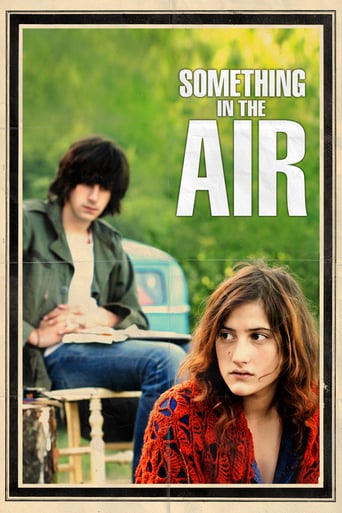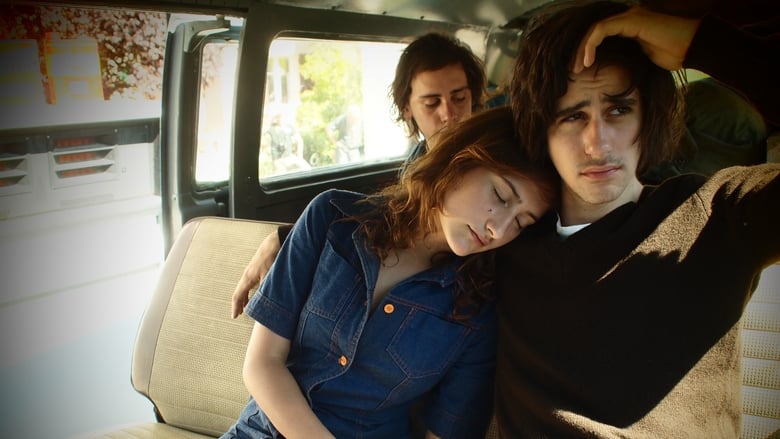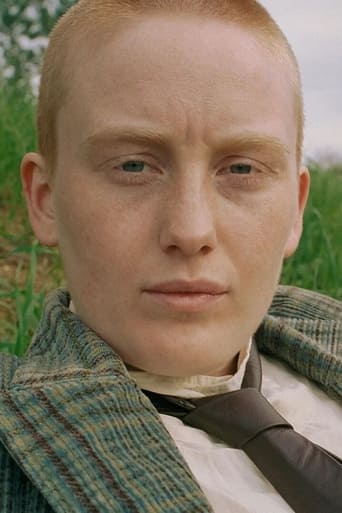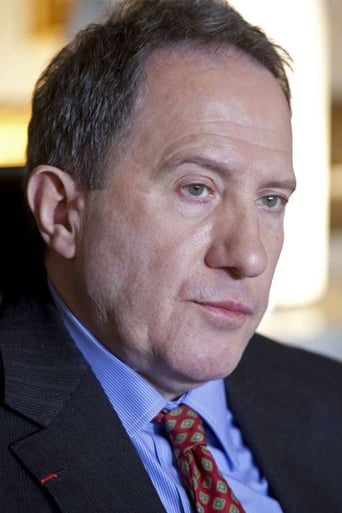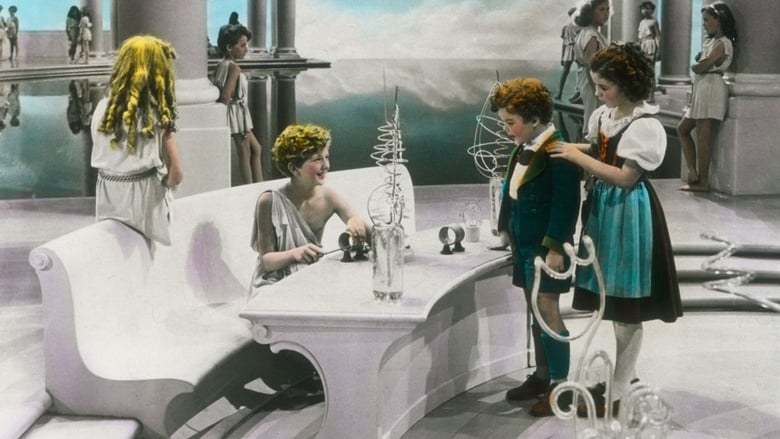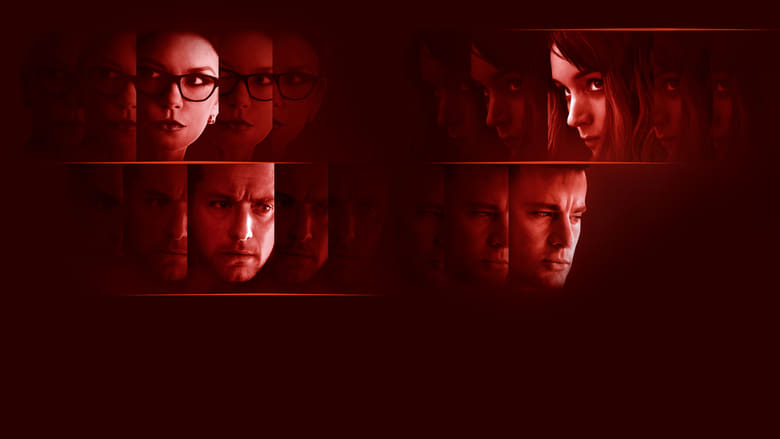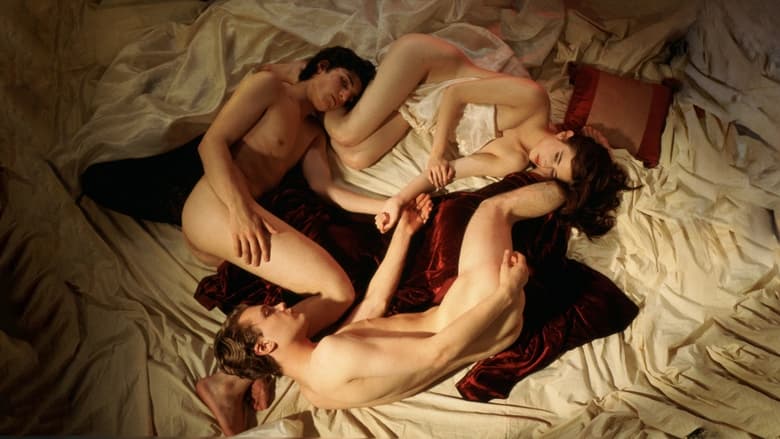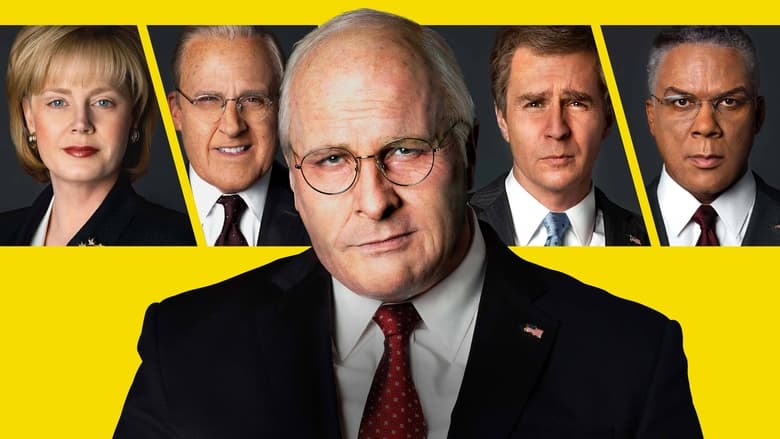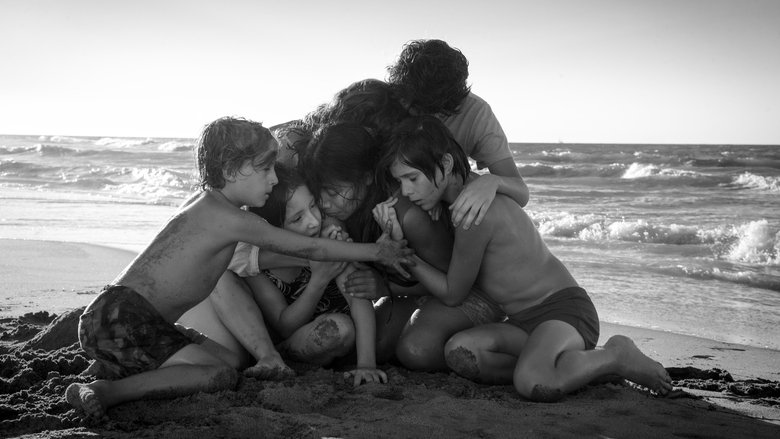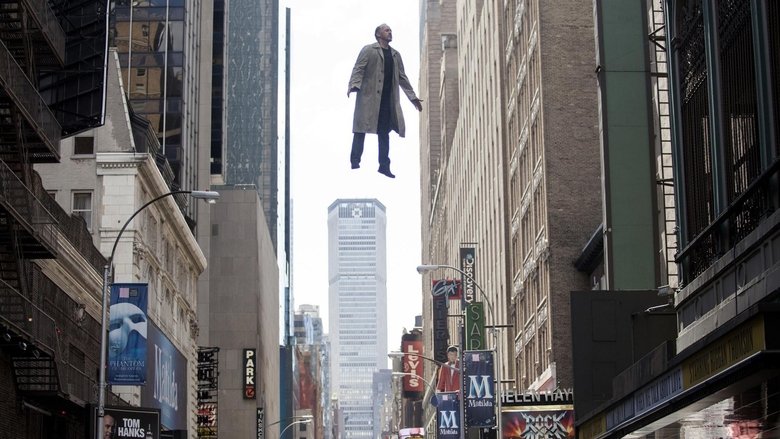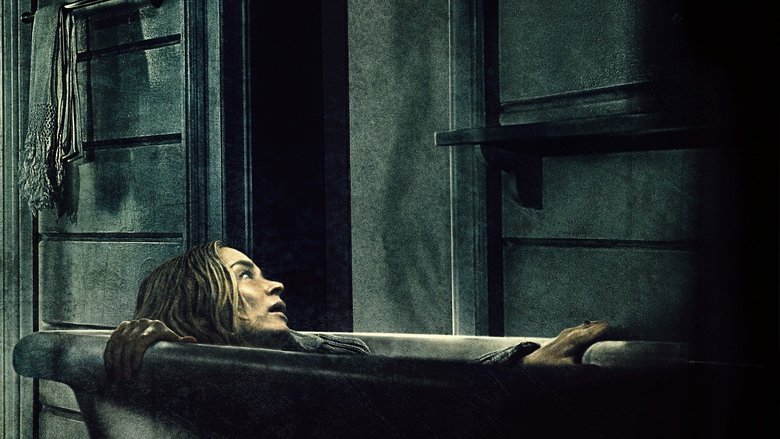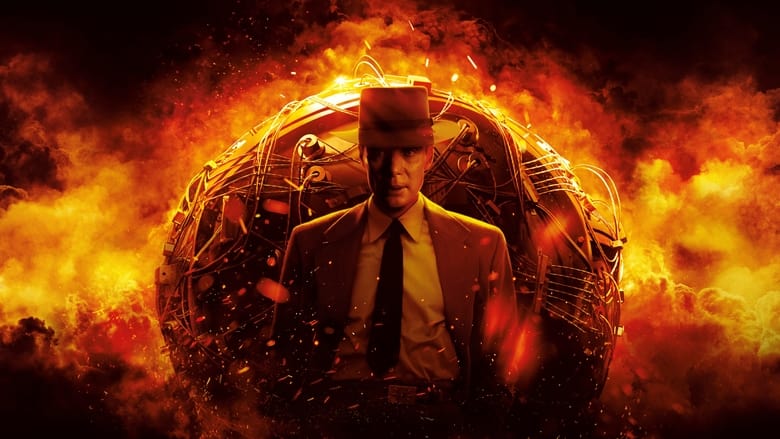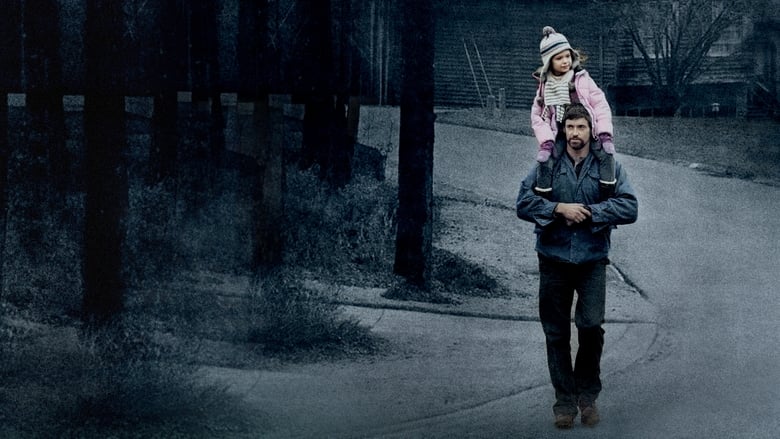During the 1970s a student named Gilles gets entangled in contemporary political turmoils although he would rather just be a creative artist. While torn between his solidarity to his friends and his personal ambitions he falls in love with Christine.


Similar titles



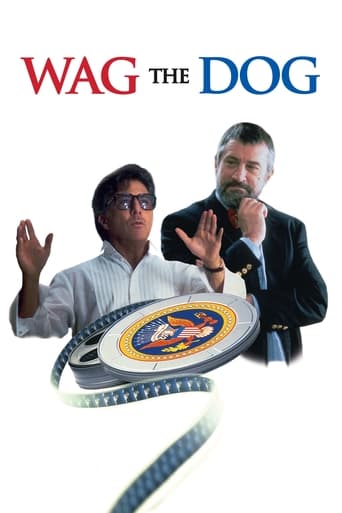

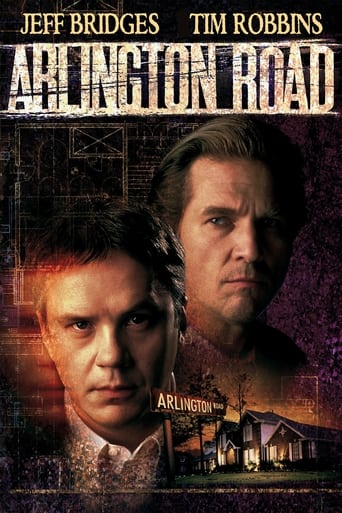
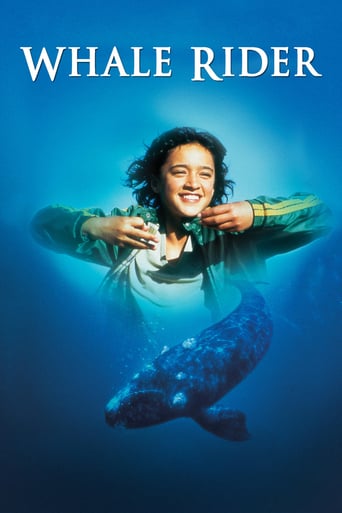
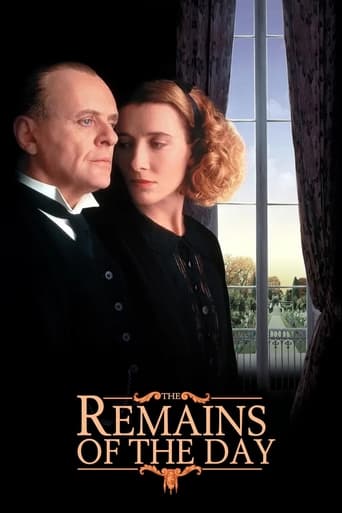
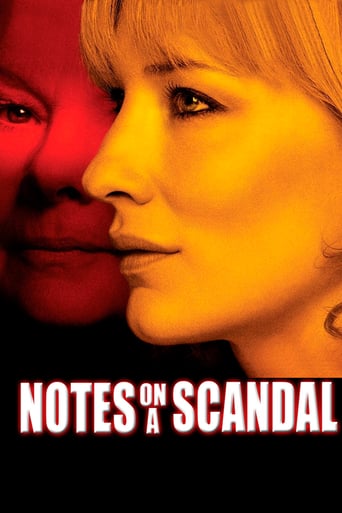
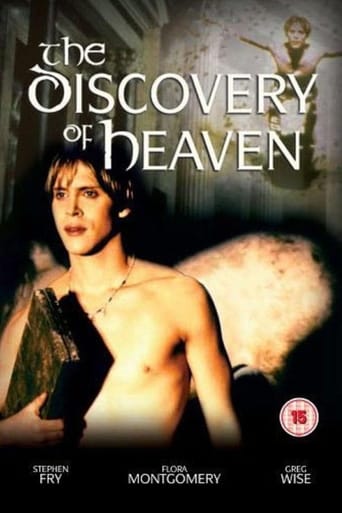
Reviews
"The uncomfortable truth of the matter is that if there is no future for a radical mass movement in our time, there will be no future for humanity, because the extermination of humanity is the ultimate concomitant of capital's destructive course of development." - Ivan Meszaros "The majority is always on the side of routine and immobility, so much is it unenlightened, encrusted and apathetic. Those who do not want to move forward are the enemies of those who do, and unhappily it is the mass which persists stubbornly in never budging at all." - Gracchus Babeuf Olivier Assayas dedicated a 2005 Cahiers Du Cinema article to the widow of Guy Debord, the famous French Marxist philosopher. In the article, Assayas discusses the post 1968 revolutionary vanguard and his involvement in it. Assayas' films have themselves become increasingly political, moving from trashy meditations on global capitalism ("Boarding Gate", "Demonlover", "Summer Hours") to bio-pics on political terrorists (2010's "Carlos").Inferior to all these films is Assayas' "Something in the Air". Evocative of Bresson's "The Devil Probably", Godard's "Le Chinoise", Antonioni's "Zabriskie Point", Bertolucci's "Dreamers"/"Before the Revolution" and Fassbinder's "The Third Generation", the film watches as a student named Gilles finds himself caught up in the political turmoils of 1960s-70s France.Like most of the aforementioned films, "Something in the Air" is about political disengagement. Whilst radicals, students and workers take to the streets, young Gilles heads off into other directions. But Gilles doesn't simply disengage from politics, but sees such disengagement as the ultimate manifestation of his own free-will, freedom of expression and personal identity. This "identity" is mostly aligned to sex, wistful longings for past lovers, paintings, a desire for celebrity and trashy B movies involving Nazis and dinosaurs. For Gilles, activist movements impose their wills, doctrines and mantras too forcefully upon him. They leave no room for deviation, which Gilles, an artist, finds constricting."Something in the Air's" Gilles character was based on the defining years of Assayas' own adolescence. Early scenes watch as he mingles with radical film-makers (resembling Godard's Dziga Vertov Group), whilst others see him drawn to both the romance of revolution and the revolution of modern romance. But he's unable to commit to either, interested only in dabbling in things in the spirit of youthful experiment. Assayas encapsulates Gilles' personality early by having him scratch an "anarchist" symbol whilst a teacher delivers a lecture on orthodox Marxist history. The point? Gilles is his own man. An individualist! Assayas doesn't condemn or praise this, but the film nevertheless makes it clear that the "thing in the air" has shifted from breathless excitement to nothing less than the death of radicalism, the next generation torn between solidarity and personal ambition, selflessness and self-obsession. As French philosopher Regis Debray would say: "the Great Day has been and gone." 7/10 – Like Bruno Dumont's "Hadewijch", Assayas' film owes too much to Bresson's "The Devil Probably". See too Kelly Reichardt's "Old Joy". Worth one viewing.
Just watched the movie yesterday, and for those who are interested in the high school movement of France in the early '70s and expect the movie to have a say about the topic, it would be a disappointment. Therefore, alter your expectations towards an autobiography of a young artist who is in pursuit of love, his ideals and independence.The opening of the movie is promising with protests, group of students clashing ideas and then acting based on those ideas. You can actually sense that there is something in the air which is obviously the belief in the revolution. Yet later, it seems quite undecided whether to focus on the aspect of revolutionary ideas or on the personal lives and thoughts of the characters. Both topics can be processed in a movie, however in this one both aspects seems inconclusive.Also what I see missing in the movie is that all young revolutionaries were not faced a tough life or living a life that is rather comfortable. They want to change things but it seems they are not sure what they want to change or how bad things are for the working class. I am not expecting a person of that age to be fully aware of the situation but I wondered how would they react in a desperate situation. They do not look unhappy with their life.If I had watched the movie with different expectations, I would have enjoyed it more. It is still likable but not satisfying.
Great movie that does put you in the shoes of those 60 and 70's idealists and lets us contemplate the beauty of their existence, and I mean the kind of movie like Melancholia, which makes you feel things from such a different perspective. The movie does not deal directly with contemporary contradictions of idealism, but it is undeniable that this issue awakens in us when witnessing the characters strife for integrity. It somewhat scented like Spike Lee way of proposing a theme for me. It weaves some plots which are left in low key, just to draw our attention to what really matters for the narrator. We are dealing naive yet sophisticated people - which is the beautiful paradox of their being. I must say that I didn't like a pair of choices like that insertion of Laura when Gille is reading her letter in the subway. For me it breaks the harmony, it is kind of out of the blue solution - though it has its coherence, and, again reminds me of Spike Lee's Jungle Fever.
In 1968 in Paris, France, the something in the air was revolution. In March of that year, a single spark began a revolt when a small group of students at Nanterre University took to the streets to protest conditions at the University. By July, workers had shut down Paris with a general strike in which ten million workers took part, occupying factories and marching in solidarity with students, who occupied the Sorbonne. The objectives were self-management by workers, a decentralization of economic and political power and participatory democracy in the factories and universities. By the end of July, the government of the autocratic Charles de Gaulle was teetering on the brink of collapse.The impact of the 1968 near revolution is still being felt three years later in February, 1971 when Olivier Assayas' semi-autobiographical Something in the Air opens. A demonstration is held at the Place de Clichy in Paris as a teacher in a high school class reads a passage from Pascal, "Between us and Heaven or Hell there is only life, which is the frailest thing in the world." At the same time, the brutal police repression of a young protester, Richard Deshayes, takes place in nearby streets demonstrating the immediacy of Pascal's words. Deshaves loses an eye after being hit in the face by a smoke grenade, and the poster of his bloody head is shown as a symbol of resistance throughout the film.Something in the Air is about coming-of-age and the awakening of conscience, and Assayas has the courage to remind us of the need to align our actions in life with our beliefs and conscience. Events are shown from the perspective of Gilles (Clément Métayer), a 17-year-old high school student who is a prospective filmmaker, painter of considerable talent as well as a political activist. Gilles and his friends Alain (Felix Armand) and Jean-Pierre (Hugo Conzelmann) are activists in the political arena, working to create a better society. They distribute leaflets, contribute articles to left-wing magazines, and spray paint graffiti slogans on the walls. After a security guard is seriously injured by a Molotov cocktail thrown by one of the protesters, however, Gilles and his new girlfriend Christine (Lola Creton) leave the country for Italy.On the trip with a group of activist filmmakers, Gilles is told that he can only borrow a camera only if he does agitprop because "we don't do fiction." At a showing of a revolutionary film, a discussion follows about whether to use conventional style or "revolutionary syntax" to get their message across. Although the film is about ideas, we never know exactly which of the student activists are Anarchists, Trotskyites, Maoists, Marxists, Stalinists, or democratic Socialists, but it hardly seems to matter. What makes the film so unique is not only a script that is highly literate but its portrayal of young people with respect for their minds and an appreciation of their dignity and commitment, attributes normally not seen in films about the counterculture. Author Anne Morris said, "The irony of commitment is that it's deeply liberating – in work, in play, in love." Assayas correctly notes that, in addition to advocating political and economic change, the protesters also want to change outmoded social conventions, particularly the stranglehold of the scientific/materialist paradigm and the puritan sexual mores that place barriers on spiritual growth and full self-expression. What comes across as special, even more than ideas about filmmaking or political theory, are the relationships they have with each other that express their openness and love. The film also blends idealism with music in a way that the songs of Syd Barrett-era, Booker T & the MG's, Nick Drake, and an inspiring rendition of a Phil Ochs song by Johnny Flynn feel organic to the scenes in which they are used.When the students ultimately gain a sense that life is governed by practicality as well as idealism, they gradually drift away to parents, jobs, school and the careers that will shape their lives, but they have already made a difference. Though their immediate objectives were only partially met, later in the year, uprisings began in Poland and Czechoslovakia that would have a profound effect on the Soviet system, protesters marched at the Democratic Convention in Chicago, rioted at Kent State, and the brutal war against a small, peasant country came to an end several years later.Though the film is more about personal goals and ambitions than revolution and Assayas does not shed much light on the causes that the students fought for, no film in recent memory has presented such an authentic view of the immediacy of the period as Something in the Air. The feeling of change is electric and its mood is brilliantly reflected by the film's lack of cynicism and condescension. Assayas brings us back to a time when everything seemed possible and people were truly young because the world, maybe for the first time, began to dream of what it would be like to be young with them.
